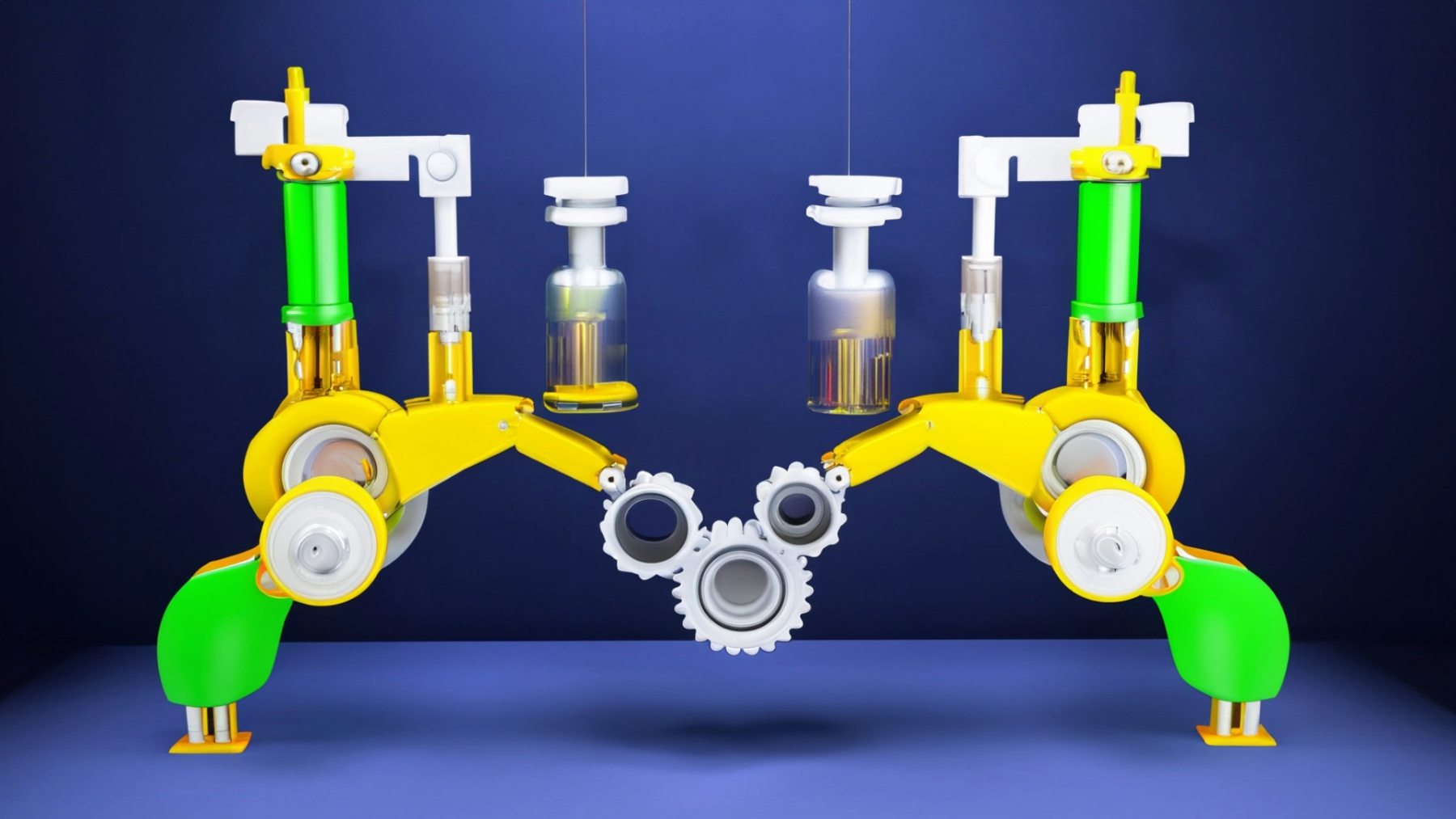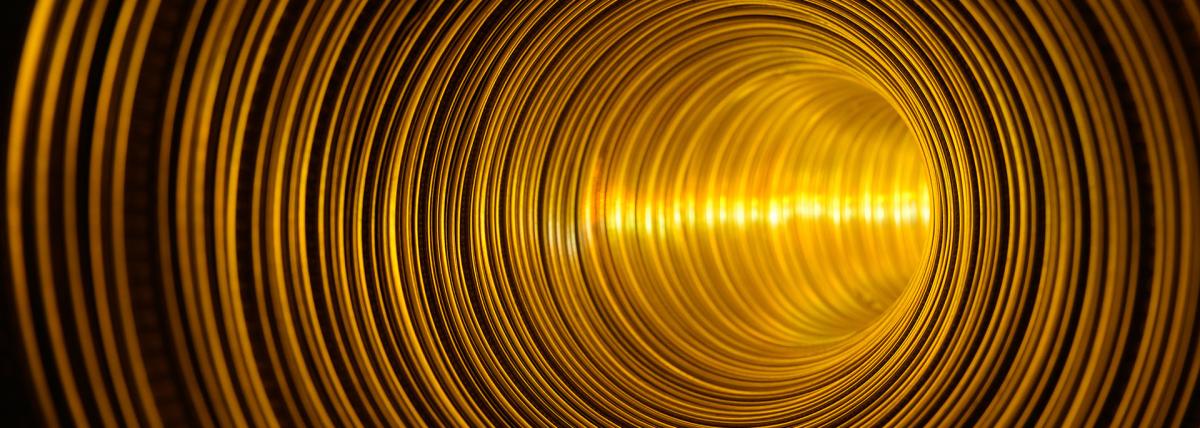
Exploring Simple Machines
by Tiffany Abney
Students will understand the concept of levers as simple machines and will identify and classify everyday objects as levers. Students will apply basic mathematical concepts to measure and compare the effectiveness of different levers.
Lesson Grade Level
2nd GradeLesson Plan Link/URL
https://docs.google.com/presentation/d/1pXg-AlLvTvKM30pE4IW-XrXcYf1FAgARzsoaDGx…Subject Area
Science Physical Science P2: Objects at a Distance Technology 4. Innovative Designer 5. Computational Thinker Engineering S1: Engineering & Global Society S2: Apply the Engineering Design Process S3: Apply Mathematics to Engineering S4: Apply Science to Engineering Mathematics Measurement and Data (MD) Geometry (G) English Language Arts (ELA) Reading (Literature)Related Content

Grades:
5th Grade, 6th Grade
This is a lesson plan made to target the fifith grade standard on how noncontact forces impact one another. It can be adapted to grades 5-12. Students will explore magnetism and polarization, research

Grades:
Kindergarten, 1st Grade, 2nd Grade, 3rd Grade, 4th Grade, 5th Grade, 6th Grade, 7th Grade, 8th Grade
Most students are likely familiar with popular films like Happy Feet, Surf’s Up, Penguins of Madagascar, and classic books like Mr. Popper's Penguins. Capitalizing on this familiarity with penguins

Grades:
2nd Grade, 3rd Grade
Students will research a biome around the world, including 3 animals, 3 plants, and 3 nonliving parts of the ecosystem. Students will construct a diorama of the biome and illustrate a natural disaster